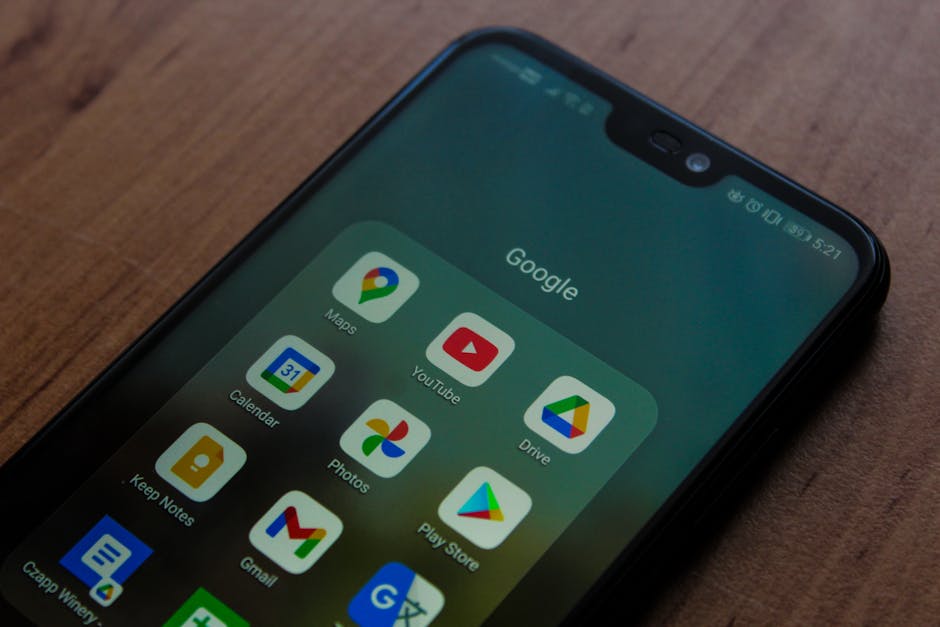In a significant shift for digital movie collectors, Google has officially ended its integration with Movies Anywhere. This means that as of now, films from YouTube and Google Play are no longer available on the Movies Anywhere service. For users who relied on this seamless connection to unify their movie libraries across different platforms, this change marks a major disruption.
Let’s break down exactly what happened, why it’s a big deal, and what it signals for the future of digital movie ownership.
What is Movies Anywhere? A Quick Refresher
For the uninitiated, Movies Anywhere is a US-based digital locker service that connects your movie libraries from various major retailers. By linking your accounts, a movie purchased on one platform, like Apple iTunes, would automatically appear and be watchable on others, including Amazon Prime Video and Vudu. It was a rare, consumer-friendly collaboration between tech giants, designed to de-fragment your digital collection and give you more freedom to watch what you own.
Google and YouTube Unlink: What This Means For You
Effective October 12, 2023, the connection between Movies Anywhere and Google’s platforms has been severed. Here’s the direct impact on your collection:
- No Future Syncing: Any new movie you purchase on YouTube or the Google TV app will not sync to your other linked Movies Anywhere accounts. It will remain exclusively within Google’s ecosystem.
- Inbound Syncing is Off: Similarly, any film you buy from other retailers like Apple or Vudu will no longer appear automatically in your YouTube/Google Play library.
- Your Existing Purchases are Safe: This is the most critical point. You have not lost any movies. Any film purchased from Google/YouTube that previously synced to other services will remain there. Likewise, movies from other retailers that synced to your Google account are also safe. The link is broken for future purchases, not past ones.
Why Did Google Leave Movies Anywhere?
While Google has not provided a detailed public reason, this move is widely seen as a strategic shift toward a “walled garden” approach. In the hyper-competitive streaming landscape, companies want to keep users exclusively within their own environment.
By unlinking from Movies Anywhere, Google encourages users to make YouTube their primary destination for movie purchases and viewing. This allows them to control the user experience, gather more valuable data, and better promote their other services like YouTube TV. The era of open, cross-platform convenience is giving way to platform exclusivity.
The Future of Digital Ownership: A Warning for Collectors
This development serves as a powerful reminder about the nature of “digital ownership.” When you buy a digital movie, you aren’t buying the film itself; you are purchasing a long-term license to view it on a specific platform under terms that can change.
As this case demonstrates, corporate decisions can alter access and convenience overnight. The ease of a universally connected digital library is fragile, highlighting the power that tech corporations hold over the content we pay for. This event underscores the value of understanding that in the digital world, access is often conditional.




